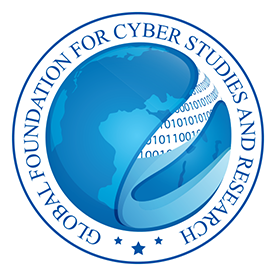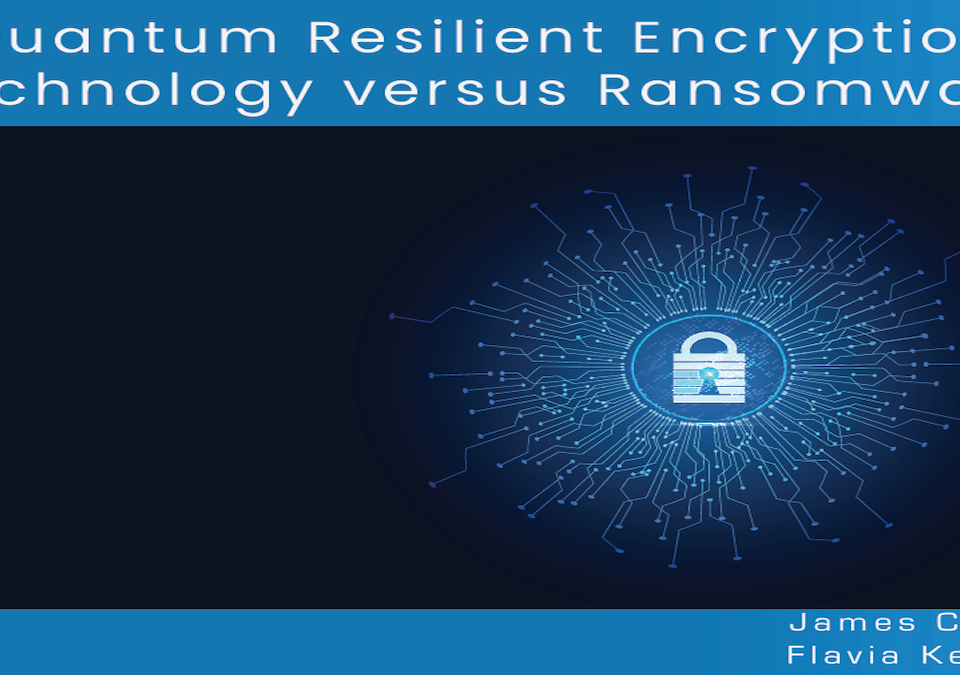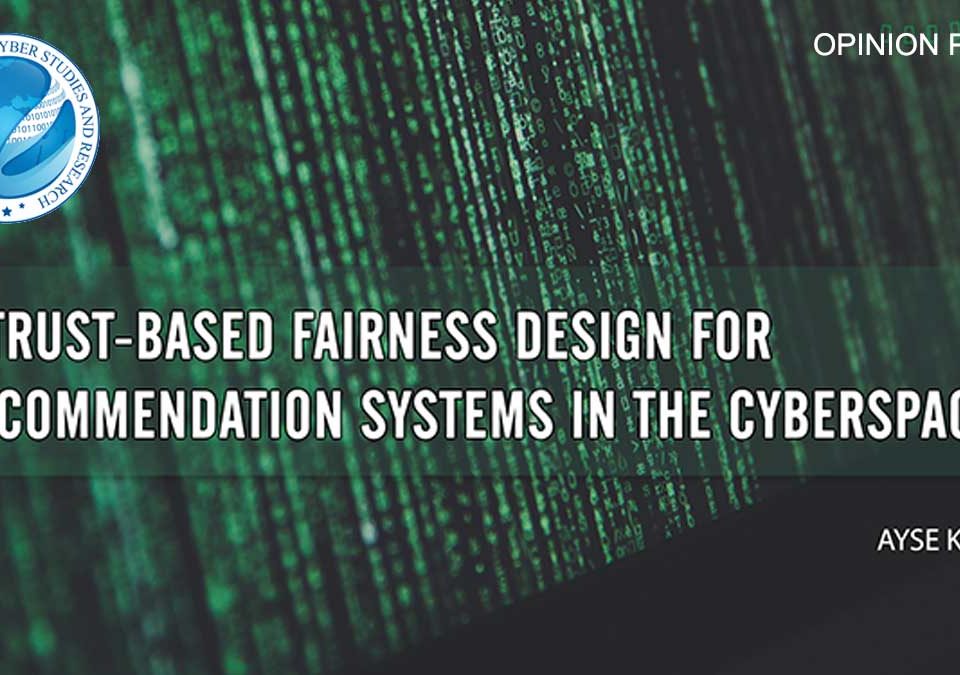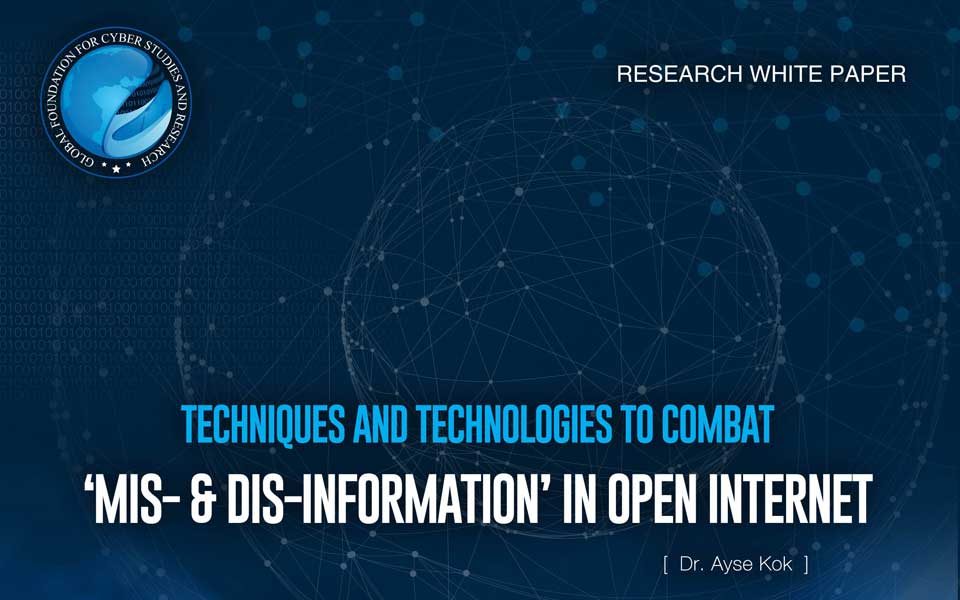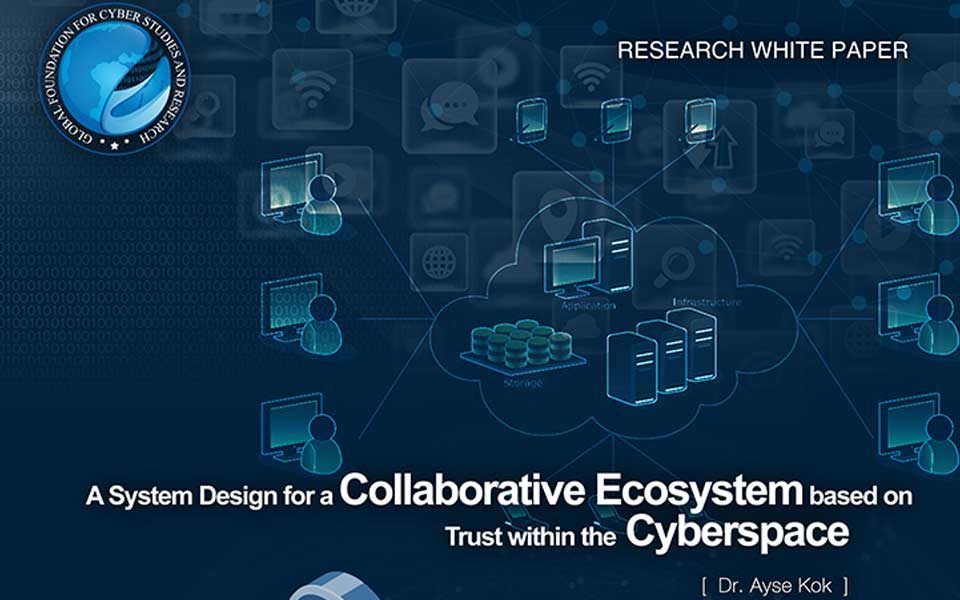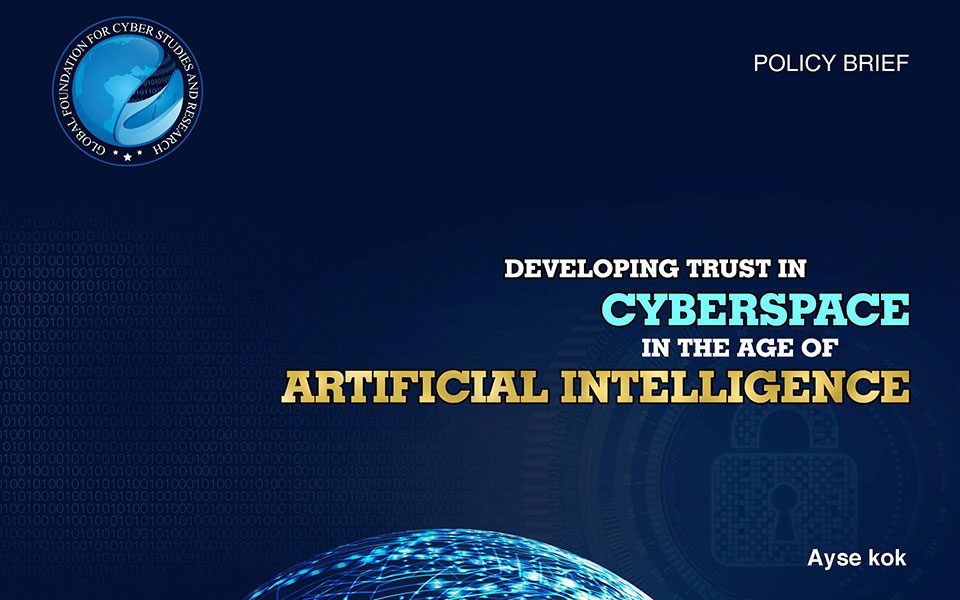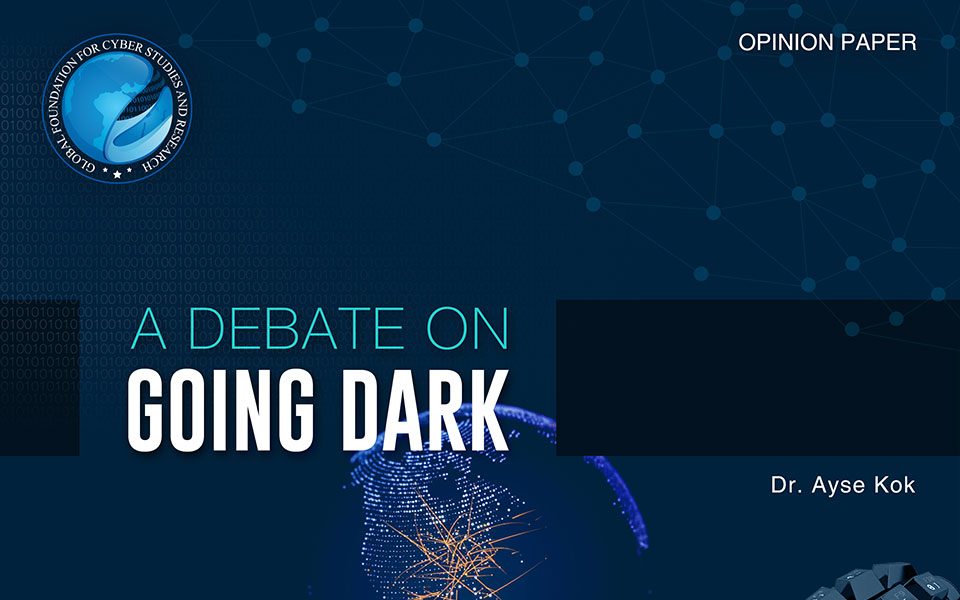
Prof. Sally Eaves
Group Chair
Team members:
- Prof. Longe Olumide
- Dr. Ram Naresh Kumar
- Dr. Ayse Kok
- Eniola OlowuIqbal
- Sonia Abdellatif
- Dr. Konstantinos Demertzis
- Dr. Moonyati Yatid
- Fiona Carroll
- Jo Peterson
Cyberspace has long been transforming both the public and private sector. However, government policy and technology providers need to address two pressing public concerns: DIGITAL TRUST (privacy and security) and PERSONAL DATA (ownership and beneficial exploitation). The impact of cyber systems will be far more significant in comparison to any other sector given the government’s function and importance to every individual and institution. On the other hand, the cost of not using – or the slow uptake of – data science technologies in the public sector is also potentially huge, given that all other aspects of our lives are changing fast under the ongoing digital revolution. It then follows that the stakes could be much higher in both the use and the avoidance of these technologies for public decision making and service delivery. This will require a careful cost/benefit analysis before implementation at scale.
This Special Interest Group - Cyber Systems & Trust (CySAT)- therefore highlights ‘Digital Trust and Personal Data’ as its main theme. It will contribute in the broader data science for government and policy discussions, which include but not limited to:
- Data, Government and Policy: Digital era governance and democracy, data and politics, asymmetry of power, open-source and open-data movements, sharing economy and peer-to-peer services, online communities, crowdsourcing, citizen science, case studies and best practices.
- Technologies: Artificial Intelligence, Big Data, the Internet of Things, virtual reality, robotics, and other relevant technologies.
- Systems & Infrastructure: Data collection, meta-data, standards and interoperability, high performance computing, algorithms.
- Policy for Data & Management: General Data Protection Regulation (GDPR); capacity-building and knowledge sharing within government.
- Privacy, Security, Ethics & Law: Ethical concerns around data, algorithms, and interactions (both human-machine and machine-machine interactions), transparency and accountability of digital systems; dialogue and trust.
Reports, Papers, Briefings
Quantum Resilient Encryption Technology vs. Ransomware
This paper investigates the issue of fairness for cyber recommendation systems by adopting a multi-sided concept so that multiple individuals are taken into account regarding multiple outcomes to establish user trust in cyberspace. As a result, a taxonomy of classes of fairness-aware recommender systems is developed along with recommended architectures of awareness-for-fairness.A Trust-Based Fairness Design For Recommendation Systems In The Cyberspace
This paper investigates the issue of fairness for cyber recommendation systems by adopting a multi-sided concept so that multiple individuals are taken into account regarding multiple outcomes to establish user trust in cyberspace. As a result, a taxonomy of classes of fairness-aware recommender systems is developed along with recommended architectures of awareness-for-fairness.Techniques And Technologies To Combat ‘Mis- & Dis-information’ In Open Internet
The purpose of this research is to enables technology companies in identifying the right balance of freedom of expression and access to authentic information for the viewers.A System Design For A Collaborative Ecosystem Based On Trust Within The Cyberspace
The purpose of this research is to suggest and evaluate the design of a system architecture for virtual collaboration on Cloud, to strengthen the trust assurance among its users. In the proposed design architecture, the cloud system architecture leverage software services in a way where both, the main systems and sub-modules perform commensurably to achieve trust assurance. The evaluation of the system architecture exposes the applicability of the proposed architecture and how it augments the virtual collaboration on Cloud for trust assurance. and explanation of computing science through, the conceptual analysis of the available relevant literature on system theory and Latour's actor-network theory. The conceptual framework is applied to assess information security and artificial intelligence of expert systems (AI) and electronic voting systems (security). Lastly, this study concludes with the outlining the importance of awareness of ethical implications of informed and related sharing of responsibilities.Developing Trust in Cyberspace in The Age of Artificial Intelligence
One of the common issues discomposing the professionals in the fields of information security and artificial intelligence (AI) is to explain the users its importance and resultantly gaining their trust. This study examines the relationship between trust and explanation of computing science through, the conceptual analysis of the available relevant literature on system theory and Latour's actor-network theory. The conceptual framework is applied to assess information security and artificial intelligence of expert systems (AI) and electronic voting systems (security). Lastly, this study concludes with the outlining the importance of awareness of ethical implications of informed and related sharing of responsibilities.A Debate on Going Dark
Conversations around surveillance and thus the topic of encryption have caught attention due to Apple and Google' decisions to facilitate end-to-end encryption in certain applications while terrorist groups try to use encryption to hide their communication from surveillance. This opinion paper approaches the surveillance debate over encryption from different perspectives and suggests alternative solutions.
